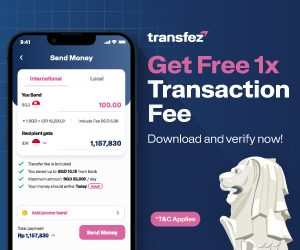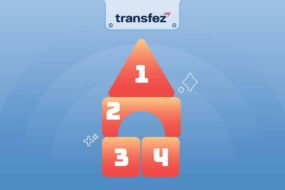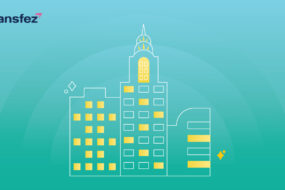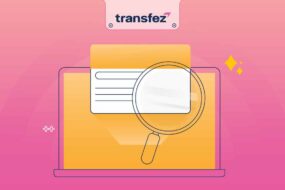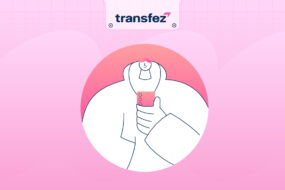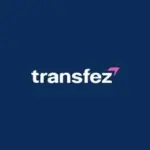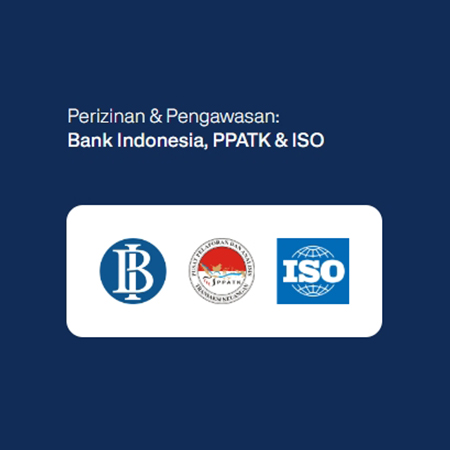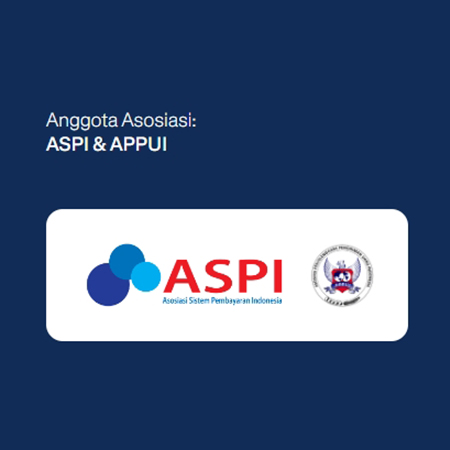In today’s digital era, the presence of financial technology (fintech) has transformed how Indonesians manage their finances. From online payments to app-based loans, fintech offers conveniences never seen before.
However, not all fintech platforms are safe or legal. In Indonesia, the Financial Services Authority (OJK) acts as the regulator to ensure that fintech operates within legal boundaries to protect consumers. Let’s dive into the types of fintech that are legal according to OJK regulations. Keep reading!
Also read: Pay by Card, The Smarter Way to Pay International Invoices!
Why Are OJK Regulations Important for Fintech?
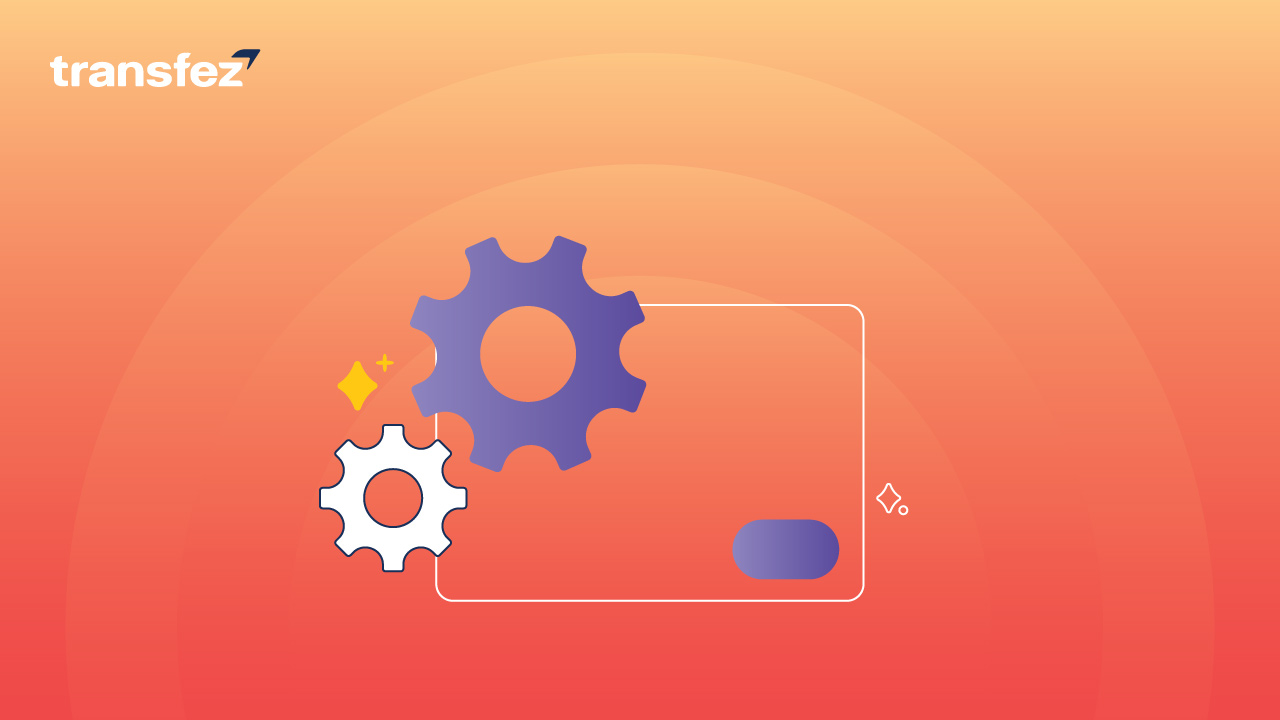
Before exploring the types of fintech, it’s important to understand the role of OJK. OJK oversees and regulates the financial services industry, including fintech, to ensure safe, transparent operations that don’t harm consumers.
With clear regulations, OJK helps prevent illegal fintech practices, such as predatory interest rates or unethical debt collection. OJK-registered fintech platforms must comply with rules, such as a maximum daily interest rate of 0.4% (as of 2023) and data privacy obligations.
Transfez: Easy Money Transfers to 70+ Countries
Types of Fintech Legal Under OJK Regulation
Based on OJK regulation, legal fintech in Indonesia falls into several main categories. Here’s a detailed breakdown:
1. Peer-to-Peer (P2P) Lending
P2P lending connects lenders (investors) with borrowers via digital platforms. It’s popular for helping individuals and SMEs who have limited access to bank credit. Legal P2P platforms in Indonesia include KoinWorks, Modalku, and Investree.
P2P lending is governed by POJK Regulation No. 77/POJK.01/2016 and updated by POJK No. 10/POJK.05/2022, requiring:
- Fintech must be registered or licensed by OJK.
- Maximum daily interest rate is 0.4% (effective 2023).
- Operators must disclose fees, risks, and debt collection methods transparently.
- Must follow the Indonesian Fintech Association (AFPI) code of conduct, including certified debt collectors.
Advantages:
- Quick loan application process via app.
- Promotes financial inclusion by reaching the unbanked.
Risks:
Beware of illegal P2P platforms not registered with OJK. They often charge high interest and use intimidation in collections. Always check the OJK’s official list of legal fintech.
2. Digital Financial Innovation (IKD)
Digital Financial Innovation includes fintech services outside of P2P lending, such as digital payments, financial aggregators, or budgeting tools. These typically focus on transactional efficiency and financial literacy. Examples include OVO, GoPay, and CekAja.
IKD is regulated by POJK No. 13/POJK.02/2018. OJK has also issued:
- SE No.20/2019: Guidelines for registering IKD operators.
- SE No.21/2019: Regulatory Sandbox guidelines to test innovations against regulations.
How It Works:
- IKD platforms must enter a 12-month regulatory sandbox (extendable for 6 months).
- Operators must submit self-assessment reports for risk management and governance.
- They must provide tech-based consumer complaint services.
Advantages:
- Helps users compare financial products (e.g. loans, insurance).
- Facilitates daily transactions such as QRIS payments or e-wallet top-ups.
Risks:
Despite their innovation, IKD platforms must ensure user data security. Consumers should choose OJK-registered platforms to avoid fraud.
3. Equity Crowdfunding
Equity crowdfunding allows startups or SMEs to raise funds by offering shares via online platforms. It’s similar to an IPO but simpler and more accessible. Legal platforms include Santara and Bizhare.
Regulated by POJK No. 37/POJK.04/2018 and updated by POJK No. 16/POJK.04/2021, it mandates:
- Operators must be licensed by OJK.
- Retail investors are limited to Rp2 billion annually to minimize risk.
- Full disclosure about the issuing company is required.
Advantages:
- Provides funding for SMEs without bank loans.
- Allows investors to own shares in potential companies with small capital.
Risks:
Equity crowdfunding can be risky—like if the business fails. Investors should review the company’s prospectus carefully before investing.
4. Sharia Fintech
Sharia fintech offers financial services based on Islamic principles, such as sharia-compliant P2P lending or crowdfunding. Examples include ALAMI, Dana Syariah, and Ammana—ideal for those avoiding riba (interest).
Besides following POJK No. 77/POJK.01/2016, sharia fintech also adheres to DSN-MUI Fatwa No. 117/2018 on Sharia-Based Tech Financing. Key requirements include:
- Contracts follow Islamic principles (e.g., mudharabah, murabahah).
- No elements of riba, maysir (gambling), or gharar (uncertainty).
- Must be endorsed by the National Sharia Board (DSN).
Advantages:
- Caters to the large Muslim market in Indonesia.
- Transparent processes with clearly defined contracts.
Risks:
Ensure the sharia fintech is truly registered with OJK. Some illegal platforms falsely claim to be sharia-compliant, so extra caution is needed.
Choose Legal Fintech for Financial Safety
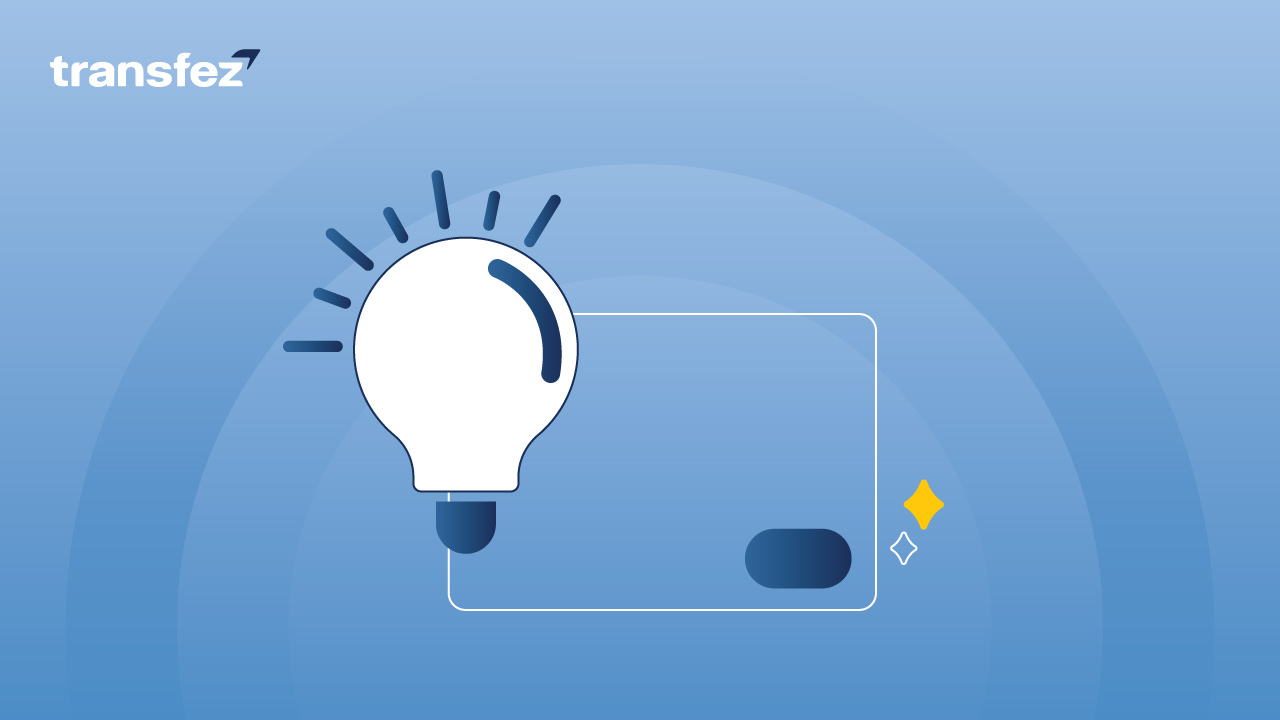
Legal fintech platforms regulated by OJK—like P2P lending, IKD, equity crowdfunding, and sharia fintech—offer practical and innovative financial solutions. But it’s vital to choose only registered and licensed platforms to avoid scams and financial loss.
By understanding the types of fintech and the regulations behind them, you can safely and confidently take advantage of financial technology. Start managing your finances smartly and always check the fintech’s legal status on OJK’s official website!
Download the Transfez App
The Transfez app helps you transfer money overseas faster, cheaper, and more efficiently. Transfez Business also supports international business transactions. Whether you’re sending money to family abroad for education, work, or travel—Transfez is here to help. Available on Android and iOS. Download now!

